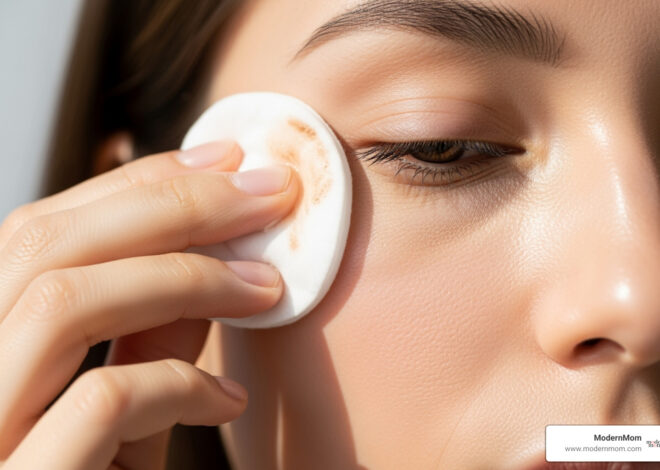Fortunately for consumers, federal regulatory agencies such as the U.S. Food and Drug Administration and Federal Trade Commission make it their job to take off the market “natural” hair growth treatments that make impossible claims. There’s no special potion or natural herbal supplement to make your existing hair grow faster or thicker. But, if you give your hair some special attention, and treat it gently, healthier, happier tresses can be yours — naturally.
Thin or Unhealthy Hair
Thin hair that’s in less than perfect health can be attributed to many disparate causes. Androgenetic alopecia — hereditary hair loss — is the most common cause of hair loss and thinning hair in both men and women, according to the American Academy of Dermatology. External factors such as chemical treatments, hot styling and tight hair styles can cause breakage and damaged tresses. Inadequate nutrition, crash dieting, stress, use of certain drugs and underlying health problems also cause hair loss.
Hair Hygiene 101
There’s a right and wrong time to comb your hair. If you have straight hair, you should comb or brush it only when it’s dry. If you have curly tresses, comb it only when it’s wet. Similarly, go easy on the towel-drying; vigorously rubbing wet hair makes it stretch and break. On the subject of brushing, the American Academy of Dermatology dispels the notion that 100 strokes a day promotes healthier hair — on the contrary, this can result in breakage and split ends. While there’s nothing you can do to repair split ends, you can camouflage them by using conditioner after you shampoo.
Chemical Treatments and Styling Pitfalls
Habitually wearing your hair in a tight hairstyle, such as cornrows, braids or ponytails can cause thinning hair. Heat styling is particularly damaging to your hair. Use a flat iron, heated curlers or a similar tool once your hair is dry — and use these hot tools sparingly. Chemical treatments such as bleach, hair dye, relaxers and even styling products also cause brittle, fragile hair. Limit use of these as well. Exposure to the chlorine in swimming pools and sun can cause dull, damaged locks. Rinse your hair after each swim, and protect your hair from sun damage by using a leave-in conditioner that contains zinc oxide. For added protection from the sun, put on a wide-brimmed hat before you head outdoors.
What About Biotin?
Biotin is a dietary supplement that gets a big push as a natural hair growth treatment. Biotin deficiency is very rare. According to the Linus Pauling Institute, although biotin deficiency can cause hair loss, there’s no scientific evidence to indicate that taking biotin supplements offers hair loss sufferers any advantage. Some nutritional deficiencies can cause hair loss; inadequate iron and protein intake, for example, can cause your hair to thin. Conversely, getting too much vitamin A can result in thinning follicles. Simply eating a varied, balanced diet is the best way to get your daily dose of essential nutrients.
When to Be Concerned
The cause of thin, damaged, breaking hair may become obvious, once you go through the list of usual culprits, such as harsh grooming techniques, chemical treatments and tight hair styles. But if you experience sudden, profuse hair loss, or your hair starts to fall out in patches, see your doctor, advises MayoClinic.com. You may have a health problem that only a doctor can diagnose and treat.





